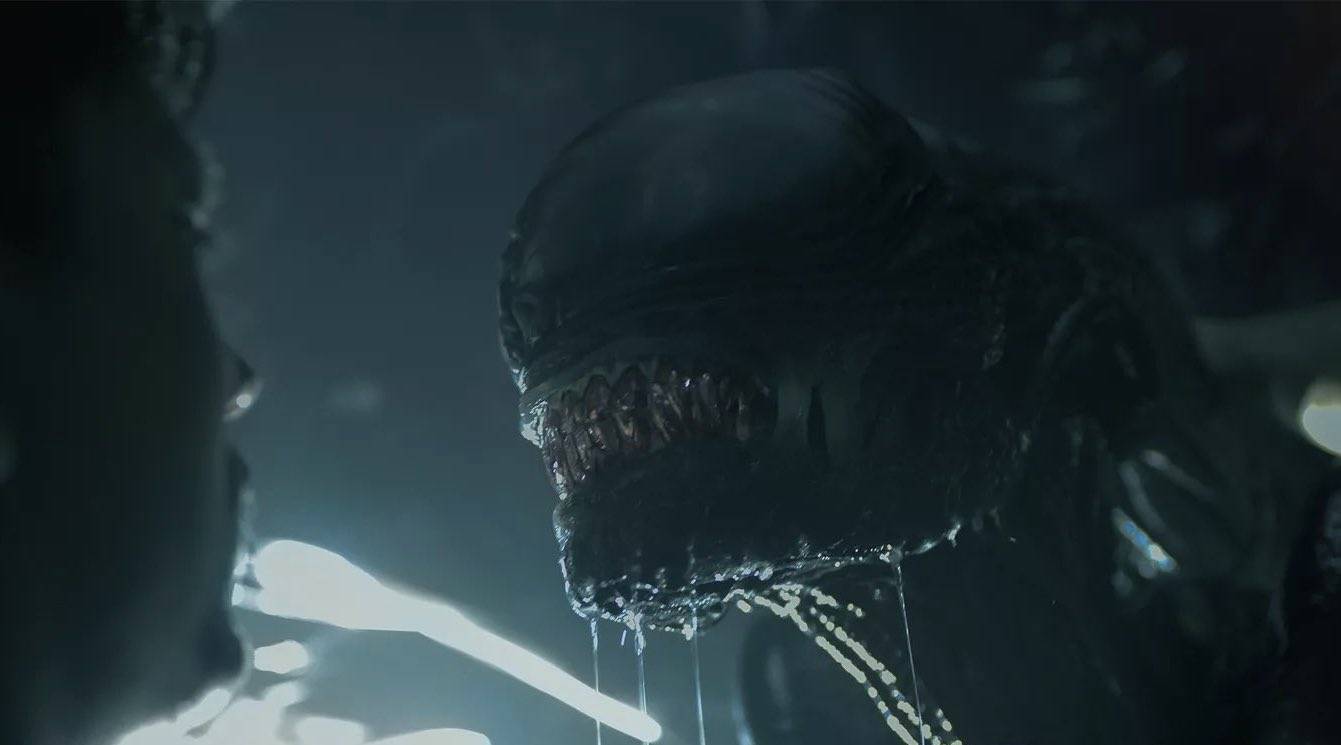“Alien: Romulus” brings the terror, if not the inspiration
It can be a sobering thought to realize that Ridley Scott’s “Alien” premiered 45 years ago. Since then we’ve had nine films in the franchise (if you count the “VS Predator” ones), with the latest, “Alien: Romulus,” coming to us from director/cowriter Fede Alvarez (“Evil Dead,” “Don’t Breathe”).
It’s the first proper Alien movie not directed by Ridley Scott since the franchise returned from dormancy with 2012’s “Prometheus,” though even there, the xenomorph doesn’t show up until the last act. That film, as well as its follow-up, “Alien: Covenant,” saw Scott getting a little sidetracked with the story of David (Michael Fassbender), an early synthetic and themes of artificial intelligence.
“Alien: Romulus” has a touch of that, but by and large is a back-to-basics venture: straight up horror, ratcheting up the tension until a crescendo that feels like a panic attack. Alvarez’s horror chops are solid: the Evil Dead revival from 2013, and his own “Don’t Breathe.” He wields that facility here with precision, coming up with some interesting, effective horror setpieces.
“Romulus” takes place between the first “Alien” and its sequel, the James Cameron-helmed “Aliens.” Rain (Cailee Spaeny), a miner, dreams of a life away from the colony she has known for too long, aching for a place where there is sunlight. Cheated of her rightful escape by the monolithic Weyland-Yutani corporation, she takes up an offer from some friends to burgle a decommissioned station and take its stasis pods. But when they get there, it’s not just any station, it’s a lab and things go awry.
Traps
While Alvarez’s ability to string tension from his carefully-laden traps is precise, it’s a little lacking in the inspiration department. Not only does he reference basically every previous Alien film that came before him, he also tips his hat to the paranoiac video game “Alien: Isolation,” as well as the near-religious mania terror of the “Dead Space” games.
Besides the Alien films, there’s a whiff of Danny Boyle and Alex Garland’s “Sunshine” and Paul W.S. Anderson’s “Event Horizon.” As such, while the scares are there, “Romulus” can sometimes feel like watching a skilled cover band doing all the “greatest hits.” One particular line of fan service really takes you out of a scene, reminding you that you are indeed watching the ninth film in a 45-year-old franchise.

It’s unfortunate because the rest is pretty terrific. There’s beautiful imagery here, some gorgeous compositions and situations cooked up like the fact that the station’s deteriorating orbit means it’s inevitably going to crash into debris rings surrounding the nearest planet, providing a cosmic ticking clock for the proceedings.
After a certain point, “Romulus” actually becomes a real-time story, with all the attendant pressures and frenzy. Benjamin Wallfisch’s score is lovely, dense and layered where it serves, claustrophobic and taut when trying to gently push the audience to nervous bouts. The sound design is fantastic, cutting to moments of silence in space jolted by grinding metal or the skittering of claws that spell doom.
There’s a big case of digital necromancy afoot as well, and it may impede some audiences as far as what to make of Alvarez’s intentions. Does he want to make something new or play a game? There’s ample evidence of their ability to conjure new tricks, like a zero-gravity evasion sequence or a nod to “Don’t Breathe” (or perhaps “Sneakers”) where the humans can’t make a sound. But too much of the wink-wink nudge-nudge references speedbump the suspension of disbelief, as if they didn’t trust themselves enough.
With this film Alvarez proves that the franchise would be in good hands were he to continue, but hopefully the next installment will stand on its own legs, without feeling beholden to the looming shadow of its forebears.

















